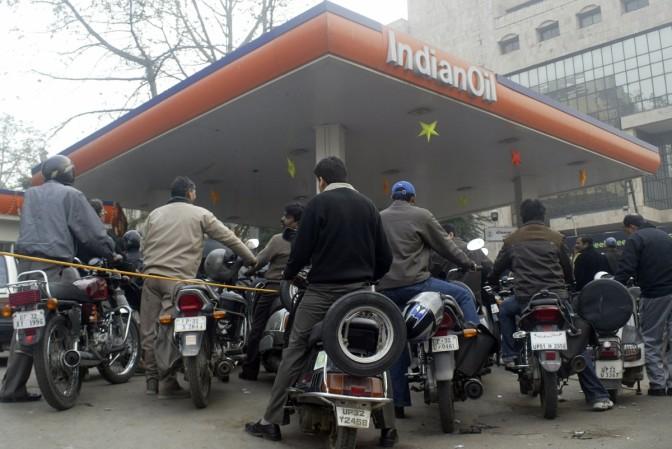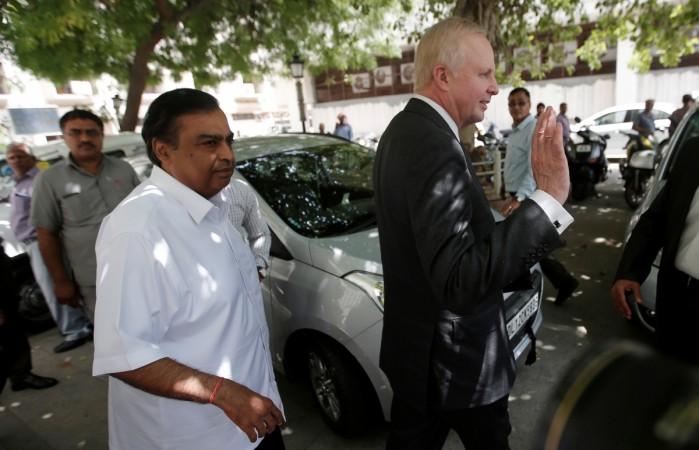
A proposed major policy reform may allow foreign energy companies and supermarket chains to sell automobile fuel like petrol and diesel on retail. If the Cabinet proposal of the oil ministry is implemented you may be able to buy fuel for your vehicles from supermarkets on retail along with your weekly shopping, reports suggest.
The oil ministry has proposed to scrap the two-decade-old rule of restricting the licence to market petrol, diesel and jet fuel to players investing Rs 2,000 crore in exploration and production, refining, pipelines or terminals, a report in the Economic Times said citing an unidentified source in the know of the developments. The ministry is consulting the finance, commerce, and law ministries for the proposal. It was prepared from the recommendations of an official panel formed in March to review the 2002 guideline on the grant of transport fuel marketing licence, the source said.
The move is seen as a major step in the push for increasing the ease of doing business by the government of Prime Minister Narendra Modi.
The panel that submitted its report in late May had favoured substituting the minimum investment by companies as a licensing condition by the minimum net worth bar for licence seekers, the report said. In a marked policy divergence, the panel recommended opening up the sector to non-oil companies, while enforcing strict timelines for setting up petrol pumps, and penalties for not meeting the rollout plan.

Foreign players have been baulking at the minimum investment-rule despite the lure of India's rapidly expanding fuel market. The countrywide demand for petrol, diesel and jet fuel grew by 8 per cent, 3 per cent and 9 per cent respectively in 2018-19, the report says.
Saudi Arabia's Aramco, France's Total and oil trader Trafigura could benefit from the change in the licence rule. Saudi Aramco recently wrote to the oil ministry that it is keen on fuel retailing in India, according to another unidentified source that report cites. The company, however, is yet to submit a formal application, and may be awaiting the rule change, the source said. Saudi Aramco is in talks with Mukesh Ambani's Reliance Industries for a stake in the latter's refining unit. It is also partnering with state-run firms for a proposed 60-million-tonnes a year refinery, earlier reports said.
Late last year, India had rejected Singapore-based Trafigura's plea for a fuel marketing licence on the ground that its purchase of a stake in a refinery in Gujarat in 2017 did not make it eligible. The total has partnered with Adani for its energy business in India but is yet to apply for a marketing licence, sources said.
The change in the rule could also help supermarket chains to open fuel pumps on their premises, according to reports. This might open a big revenue source for supermarkets, although securing safe space for setting up pumps in cities would be a big challenge. The panel suggests that companies seeking licence must set up at least 100 retail outlets, of which at least 5 per cent should be in notified remote areas, within seven years of getting the licence.








